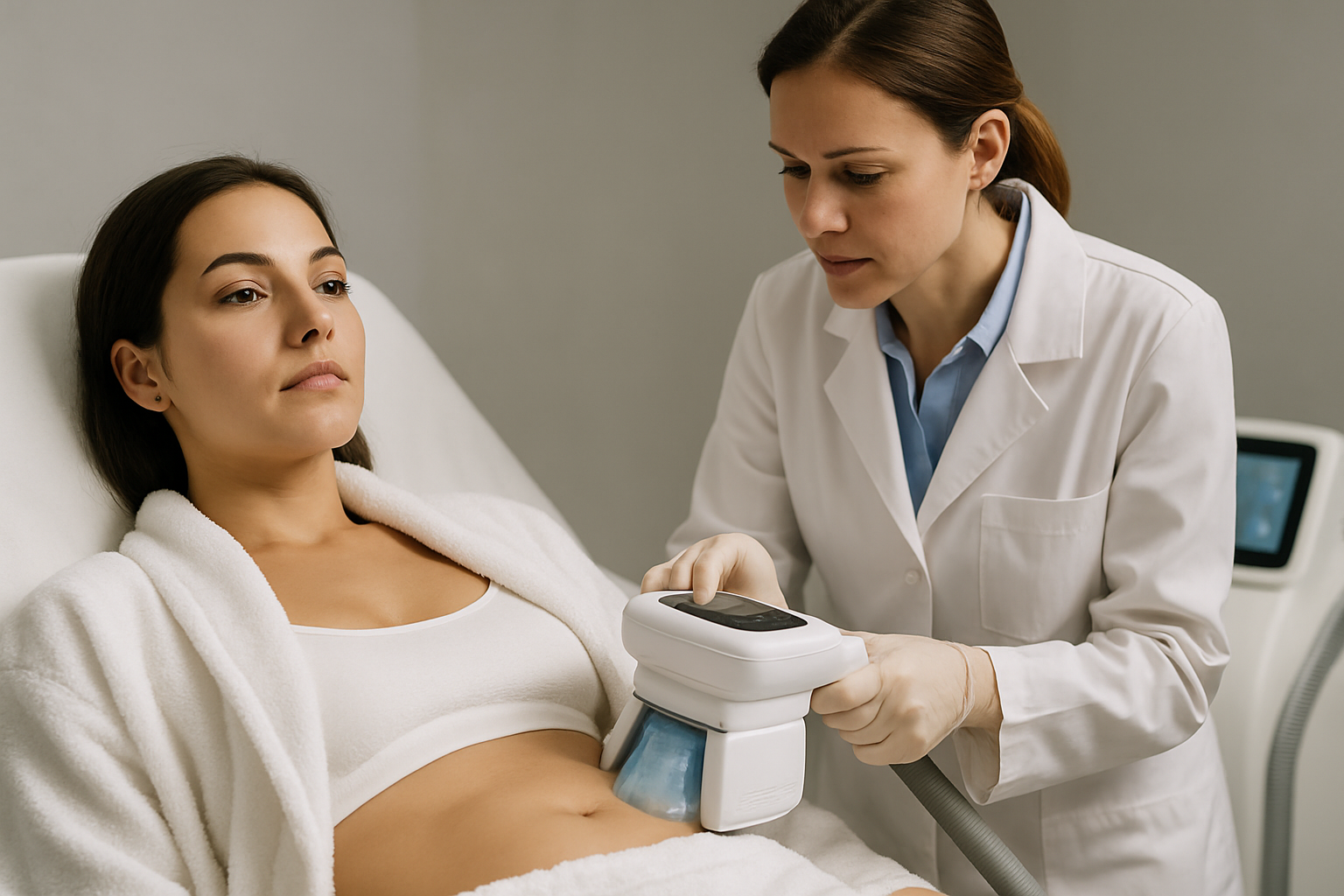Supporting Military Widows – A Guide to VA Benefits
The Department of Veterans Affairs offers comprehensive support for military widows through various benefit programs, providing essential financial, medical, and educational assistance. This complex system of benefits, while generous in scope, requires careful navigation to access fully. Understanding these benefits is crucial for surviving spouses seeking to secure their financial future and maintain the quality of life their veteran partners worked to provide.

Establishing Your Eligibility Status
Determining eligibility for VA survivor benefits is the critical first step for military widows and widowers. Eligibility typically depends on several key factors related to the deceased veteran’s service. Generally, you may qualify if your spouse died from a service-connected disability, died while on active duty, or was a totally disabled veteran before death. The VA recognizes legal marriages, including common-law marriages in states where they’re legal, and same-sex marriages.
For Dependency and Indemnity Compensation (DIC), one of the primary financial benefits, your spouse must have died while on active duty, active duty for training, or inactive duty training. Alternatively, veterans who died from a service-connected illness or injury may qualify their surviving spouses for these benefits. In some cases, veterans who weren’t rated as totally disabled but who had continuous disability for a specific period before death may also enable their surviving spouses to receive benefits.
Understanding the different eligibility pathways can be complicated, which is why the VA provides dedicated survivor coordinators who can help navigate the verification process and required documentation.
Financial Support Through Monthly Payments
The VA offers several financial support programs for surviving spouses, with Dependency and Indemnity Compensation (DIC) being the most significant. DIC provides a tax-free monthly payment to eligible surviving spouses, regardless of the survivor’s income or other benefits received. As of 2023, the basic monthly rate for DIC exceeds $1,400, with additional allowances available for dependent children and in certain situations such as when the surviving spouse requires aid and attendance.
Survivors Pension (previously called Death Pension) provides monthly payments to income-qualified surviving spouses of wartime veterans. This needs-based benefit supplements the income of financially vulnerable survivors. The benefit calculation depends on the survivor’s countable income, with higher payments for those with lower incomes.
Beyond these regular monthly payments, military widows may also receive a one-time death payment to help with immediate expenses following their spouse’s death. Understanding how to apply for these benefits promptly is essential, as some benefits have time limitations for applications.
Healthcare Coverage and Medical Benefits
CHAMPVA (Civilian Health and Medical Program of the Department of Veterans Affairs) offers comprehensive healthcare coverage for eligible surviving spouses and children. This program covers most healthcare services and supplies that are medically necessary, including hospitalization, outpatient care, mental health services, prescription medications, and emergency care.
For survivors of veterans who died from service-connected causes, CHAMPVA provides healthcare coverage similar to what active-duty family members receive under TRICARE. The program generally covers most healthcare costs after beneficiaries meet a modest annual deductible. Eligible survivors can receive care at VA medical facilities when space is available or from non-VA healthcare providers.
Mental health support is another critical aspect of survivor benefits. The VA provides counseling and support specifically designed for bereaved military families through Vet Centers and VA medical centers. These services can include grief counseling, support groups, and other mental health interventions to help survivors navigate the emotional challenges of loss.
Housing and Education Opportunities
Housing stability is a primary concern for many surviving spouses. The VA offers multiple programs to address housing needs, including the Home Loan Guaranty benefit, which helps surviving spouses purchase, build, or improve a home, or refinance an existing mortgage. This benefit can significantly reduce the barriers to homeownership by eliminating the need for a down payment and private mortgage insurance in many cases.
For survivors needing temporary housing assistance, the VA’s Specially Adapted Housing (SAH) grant may be available to those with specific disabilities. Additionally, some states offer property tax exemptions for surviving spouses of veterans, though these benefits vary by location.
Education benefits provide opportunities for career development and financial independence. The Survivors’ and Dependents’ Educational Assistance (DEA) program offers education and training to eligible surviving spouses. This benefit covers up to 36 months of education benefits that can be used for degree programs, certificate courses, apprenticeships, or on-the-job training. The Marine Gunnery Sergeant John David Fry Scholarship provides similar educational benefits specifically for surviving spouses of service members who died in the line of duty.
Summary: Comprehensive Care for Military Families
The VA’s survivor benefits form an integrated support system designed to provide stability during a profound life transition. While no benefit can compensate for the loss of a loved one, these programs aim to ensure that military widows have access to financial security, healthcare, housing support, and educational opportunities. The benefits work together to address both immediate needs following the loss of a service member and long-term wellbeing of their families.
Understanding how to navigate these benefits is essential for maximizing available support. VA regional offices provide dedicated survivor support coordinators who can offer personalized assistance. Additionally, Veterans Service Organizations (VSOs) like the American Legion, Veterans of Foreign Wars, and Tragedy Assistance Program for Survivors (TAPS) provide free guidance through the application processes.
Military widows should consider scheduling an appointment with a VA representative or accredited VSO officer to review their specific situation and ensure they’re receiving all benefits for which they qualify. Taking this proactive approach can make a significant difference in accessing the comprehensive care and support that honors the service and sacrifice of their loved ones.




